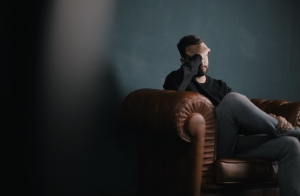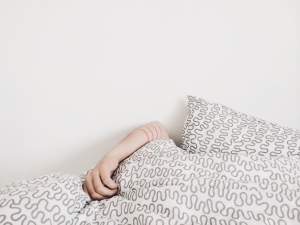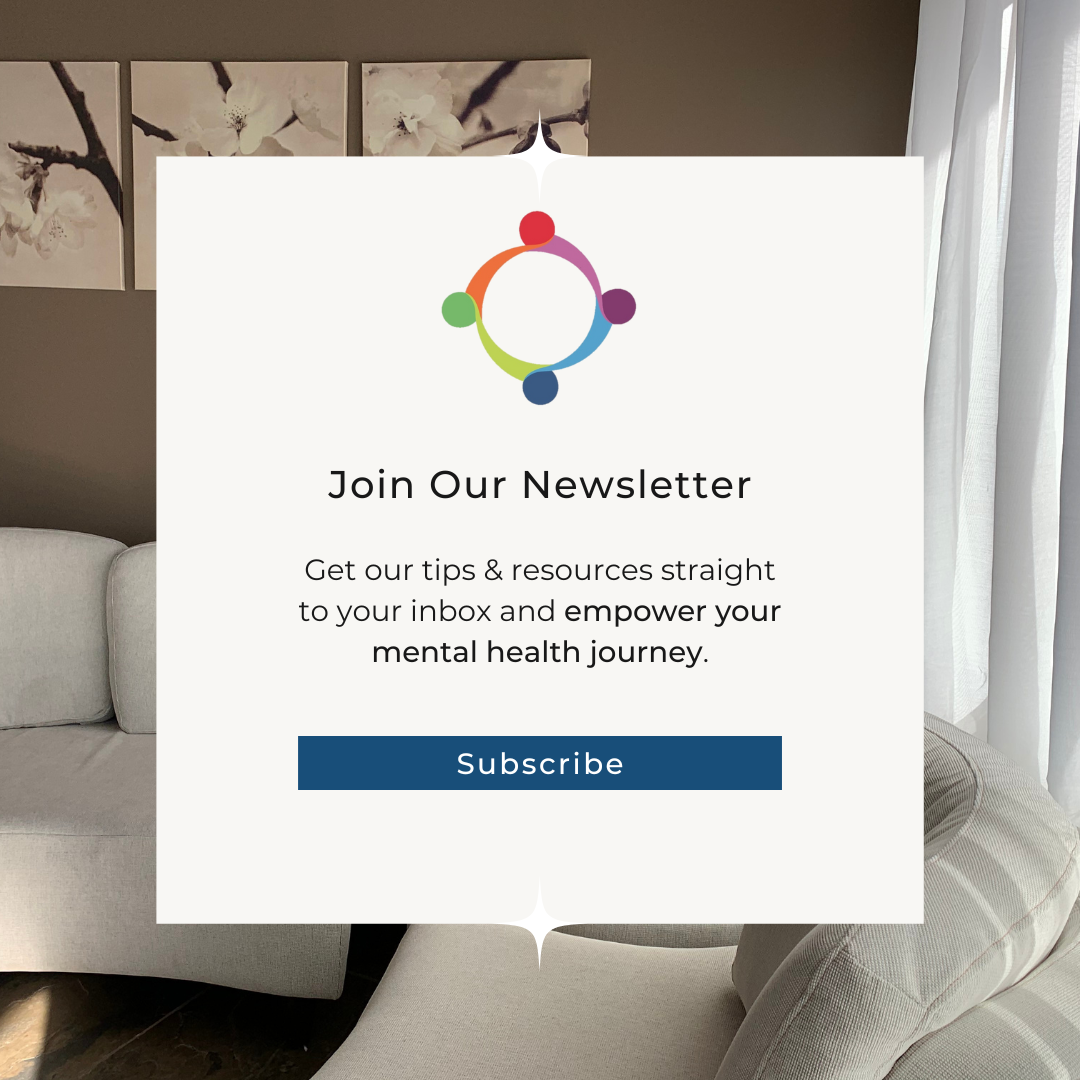Third Sun
Building resilience skills for coping with stress & anxiety in a group setting, ACT Mindfully is an 8-week group therapy program to help your child build their ‘toolbox’ with powerful & practical strategies to excel with friends, at school, & at home. This group will also help your child:
- Learn fun, evidence based tools to manage thoughts, feelings, & behaviors
- Explore what is important & valued to them
- Move towards a rich, healthy, & meaningful life
- Learn Mindfulness to improve their quality of life
Date and Time: Mondays 3:45 pm - 5pm beginning March 4th
Location: UCEBT Office - 164 S 900 E SLC, UT 84102
Ages: 4th-6th grade (Ages 9-12)
Cost: $25 per group session
If you are interested in signing your child up for this group, please reach out by phone at (801) 419-0139 and mention our ACT Mindfully group to schedule a brief screening.
New Stress Reduction App for Law Enforcement
It’s no breaking news that most people across the globe have limited access to mental health resources. Thankfully, the tech world helps fill in some of the gaps with app-based means of accessing information and support. Blue Life Behavioral health, a company dedicated to using science-grounded research to provide behavioral health services, have a newly developed app of their own which offers a handy toolkit geared toward Police. After downloading this free app, I discovered that it has a user-friendly interface and a wealth of information that is beneficial even to individuals who don’t work in law enforcement. A host of sound clip exercises are included within this app and are designed to help reduce stress, reduce emotional reactivity, increase situational awareness and sharpen mental clarity. The developers also made sure to include suicide prevention risk factor information and safety planning resources-complete with crisis line phone numbers. Law-enforcement and non-law-enforcement alike are encouraged to check it out or tell a friend.
Guidelines for Choosing Effective Mental Health Interventions
Every day we are faced with a myriad of choices. Which route to take to work, which type of bread to buy at the grocery store, which pair of shoes to wear, among others. These routine choices are often simple and don’t qualify as life-changing. However, when we have to make larger decisions it can be a rigorous process of painstaking consideration to determine which one will lead to the best outcome for our future. Mental health intervention for instance should be deliberate. Once you’ve taken that monumental first step, deciding to pursue therapy, it only leads further down the rabbit hole of complex choices. What type of therapy do I need? How do I know if this therapist is competent? What do all of these different treatments mean and how will they benefit me? When you are choosing where to receive care and ultimately trusting a stranger with your mental health, the answers to these questions matter a great deal. Without somewhat extensive research, the average person likely doesn’t know which methods of therapeutic intervention are available today or why some are more effective than others. To help those seeking answers make informed decisions, the Colorado Department of Human Services have curated a list of guidelines for both mental health providers and clients. The document addresses qualities of safe and effective therapies and therapy centers as well as characteristics that may be a red flag. If you find yourself up against the very questions listed above, these guidelines are a great place to start.
The article can be accessed here
As always, Utah Center for Evidence Based Treatment offers free consultations to help you answer the important questions and elect if the therapies we offer are a fit for you.
Personal Challenges for Men Seeking Therapy
Michael R. McBride, a blogger from Medium, pens candid articles describing the challenges of addressing mental health. In his latest work, he describes his own barriers to seeking therapy through the lens of masculinity and social stigma. Read his piece here.
Utah Center for Evidence Based Treatment offers free consultations to help you decide whether therapy is a fit for you.
Sleep Resources
Anxiety Disorder Resources
UCEBT's Anxiety & Mood Program Director, Dr. Rachel Hopkins, presented this lecture on Acceptance & Commitment Therapy (ACT) for children and adolescents, but adults find this to be a very valuable presentation for themselves, too.
Tourette Association of America
TLC Foundation for Body Focused Repetitive Behaviors
International OCD Foundation
Association for Contextual Behavioral Science
Why a Thorough ADHD Assessment is Important
A recent study published by Harvard University has uncovered a trend in ADHD overdiagnosis in schoolchildren and a potential reason why. The findings suggest that children who start school at an earlier age than their peers have a 30% higher risk of receiving an ADHD diagnosis simply due to behavioral immaturity. The article abstact can be accessed here.
This estimated rate of misdiagnosis is alarming as it implies that children are being treated for a disorder they don't have - with medication they don't need. Unfortunately, research on long-term effects of ADHD medications on the brain is limited and does not accurately predict the risk of continued use. Parents of children who have received an ADHD diagnosis or suspect their child may have the diagnosis are encouraged to seek an expert opinion and a complete assessment. With a thorough assessment, the proper course of treatment can be carefully and more accurately determined.
Utah Center for Evidence Based Treatment offers comprehensive psychoeducational evaluations with trained experts. Please visit our Assessment and Testing page for more information.
Mindfulness and Acceptance Workbook Audio Files
The Science of Resilience
The Science of Resilience
November 12, 2018 - Salt Lake City Public Library - 210 E 400 S, Salt Lake City, Utah
Speaker: Ashley Greenwell![]() Science of Resilience Slides
Science of Resilience Slides
The Importance of Sleep in Thwarting Brain Pathology
Clocking in your eight hours of quality shut-eye each night is paramount to overall health. Research has already established that sleep patterns are responsible for things like information retention, memory consolidation, and reparation of bodily tissue. We know that consistent sleep increases our ability to function during wakefulness, and newer studies are even showing that disruption of our natural circadian rhythyms decreases brain health. More specifically, this may leave us vulnerable to risk-factors for developing anxiety, alzheimers and other pathology.
A handful of studies presented at Neuroscience 2018 have strengthened understanding of the role that sleep can play in these disorders.
Article Linked Here
For more information on sleep health, please visit the websites linked below:
The National Sleep Foundation
The American Academy of Sleep Medicine









